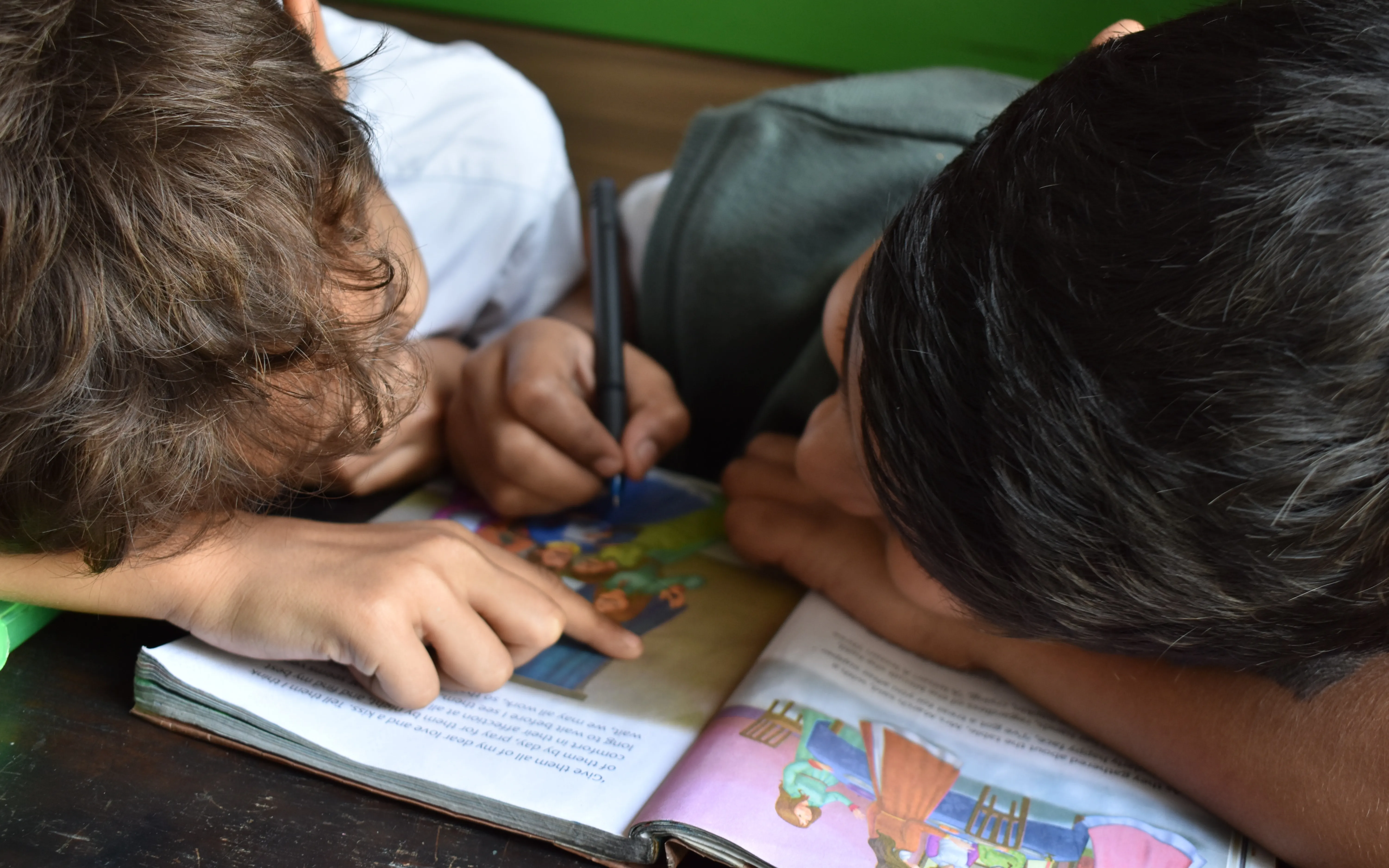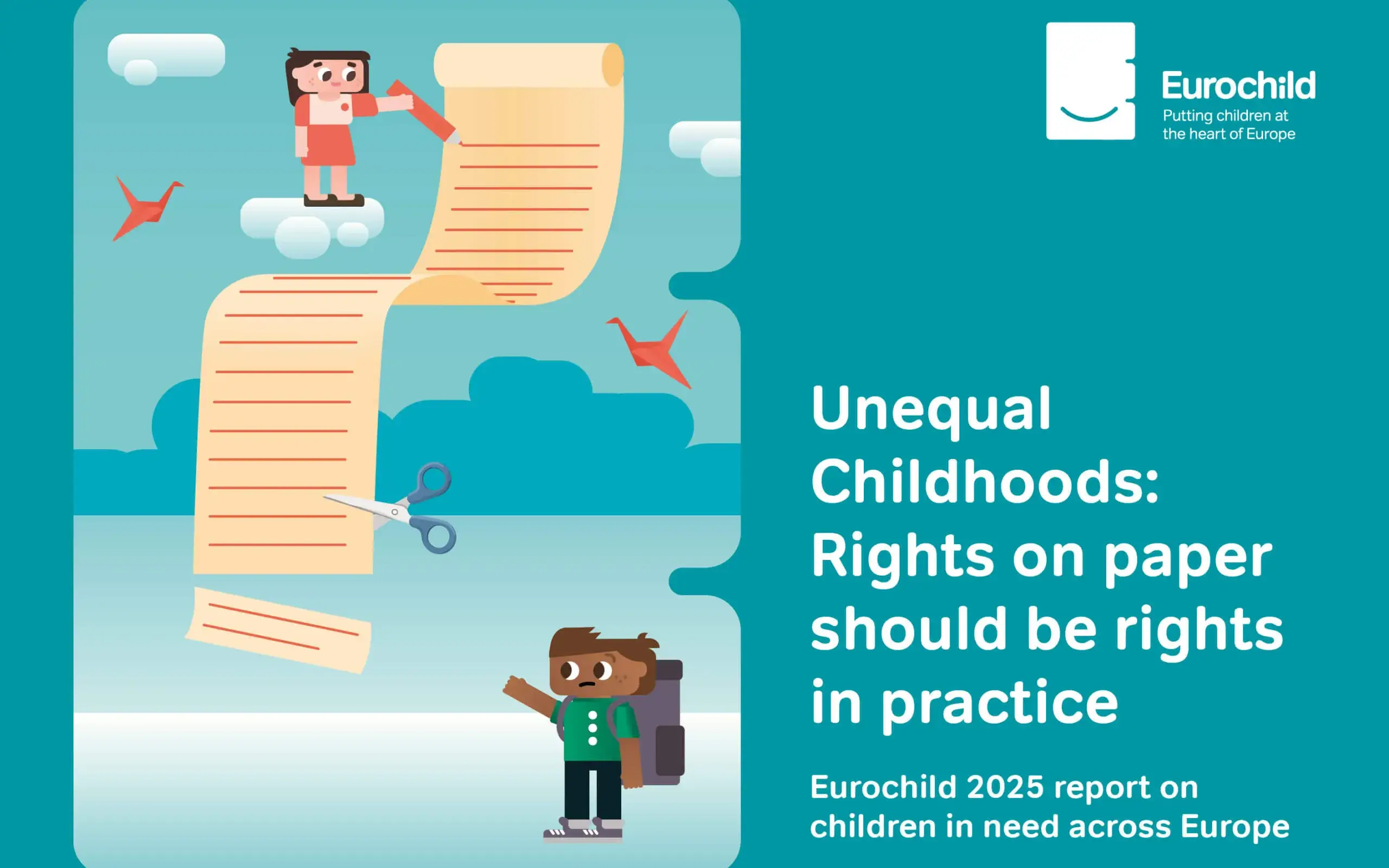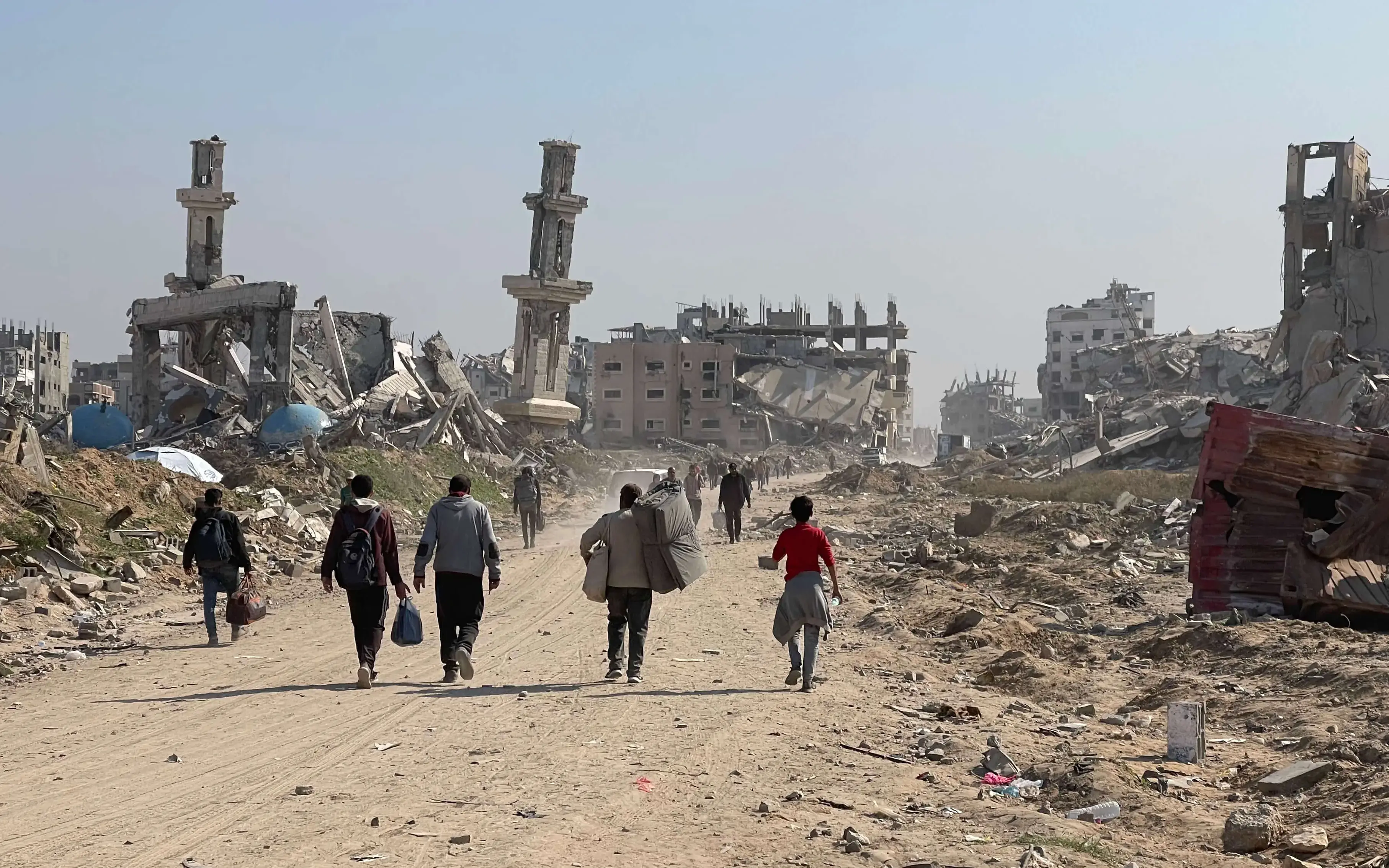Eurochild, Child Rights Action Group and UNICEF have published a position paper to influence the development of the EU Comprehensive Child Rights Strategy.
The European Commission is working in a Comprehensive Child Rights Strategy, which is expected to be launched at the beginning of 2021.
To influence in the development of this EU Comprehensive Child Rights Strategy, Eurochild, the Child Rights Action Group and UNICEF have published a position paper. This document presents a set of key principles to guide the Strategy as well as priorities and actions for the European Institutions, Member States, and partner countries to take.
The position paper was published on 16 July and specifically, defines the key principles of a Child Rights Strategy:
- Be underpinned by the UN Convention on the Rights of the Child (UNCRC) and in particular its four general principles: Non-discrimination, Best interests of the child, right to life, survival and development and the right to be heard.
- Recognize children as agents of change, ensuring a rights-based participation.
- Be mandatory for the EU institutions and aligned with the UN Sustainable Development Goals and the 2030 Agenda.
- Build on previous EU Child Rights Strategies and lessons learned from their implementation.
- Have a long-term vision, 10 years, in line with 2030 Agenda, and be reviewed mid-term in 2024 to adjust the priorities of the Strategy from 2025 to 2030.
- Mainstream children’s rights in all internal and external EU policies, actions and programs.
- Leave no child behind. The Strategy should be relevant for all children in Europe and globally and pay special attention to those children in the most vulnerable situations, and face multiple and intersecting forms of discrimination.
- Ensure regular monitoring of the implementation of the EU Child Rights Strategy.
- Establish efficient coordination, consultation and accountability mechanisms.
- The Child Rights Strategy should be accompanied by a Child Rights work plan that includes concrete and time-bound actions and indicators to measure the achievement of these actions.
- Be properly financed.
- Take into account the impacts of COVID-19.
At the same time, the position paper calls on the EU institutions to act for:
- An economy that works for children.
- An inclusive approach to protecting children in accordance with EU fundamental rights.
- A stronger Europe for all children in the world.
- Defending children's rights in a world fit for the digital age.
- A role for children in the European Green Deal.
- A new push for rights-based, meaningful, and inclusive child participation in European democracy.
If you need more information, you can read the full report.







Add new comment